Basic Economics
by Thomas Sowell
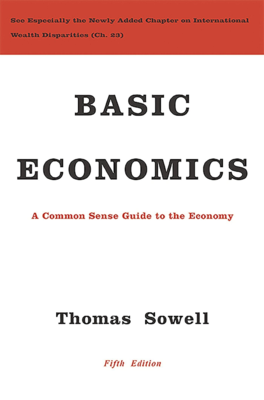
What a book! As dry as it sounds, this book is an infinite source of knowledge. I think this book should be studied by everybody at school. Only now after learning more about economics I understand how clueless most people are, including politicians. If only all of us were educated on that topic, we'd stop creating so much damage while we are trying to improve things.
This book changed my opinion multiple times. It's very extensive and provides good arguments. I only wish it was a bit shorter to appeal to more people. As much as I loved every single chapter I was over it closer to the end. It's very comprehensive, which is another beauty of it. Read it.
The High 5 Habit
by Mel Robbins
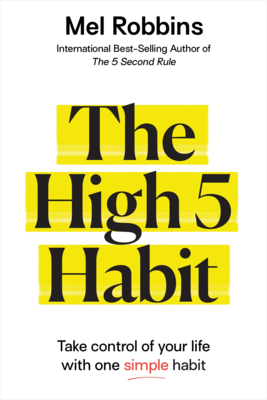
This is a very easy to consume book. It's inspirational and story driven. The book talks about Growth mindset without naming it like that. It encourages to love yourself and put yourself first. It's a simple but very enabling idea.
There is little practical advice to make it somewhat useful. There are few tips on building habits, but for a deeper understanding I'd recommend Atomic Habits book. For the deeper dive into mindsets have a look at Mindset book.
I'd recommend this book if you'd like more confidence, motivation and inspiration. Mel narrates the audiobook herself. She definitely brings a lot of energy and emotions into it. I like this trend when authors narrate their own books.
A More Beautiful Question
by Warren Berger
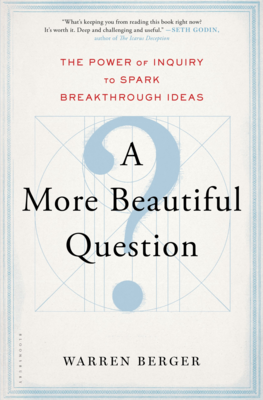
It's an interesting book. I like the premise and don't like the delivery. The main suggestion is to start questioning the world as a way to creative thinking. The author doesn't offer much himself, but has a couple of good references to other people's work.
The majority of the book is a collection of cherry picked success stories from history. It's a typical over simplification of reality twisted to fit the book's narative. It's fun and inspiring to read but has no practical value.
How Charts Lie
by Alberto Cairo
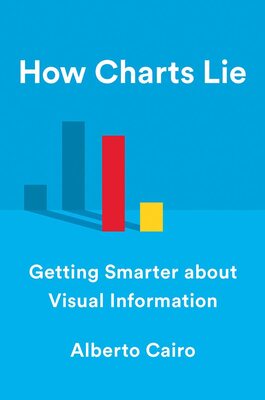
This is an insightful read. I've built many charts and graphs myself in the past and rate my chart skills above a majority. However I still learned something new.
I have two highlights. Any chart is a simplification of reality, and it reveals as much as it hides. You can present any information in both positive and negative light on the chart. Which leads to the second highlight: a chart shows only what it shows and therefore, we must strive not to read too much into it.
The book is short and easy to read as it has a lot of graphs to look at. I'd recommend it to everybody as it gives basic graphical literacy or graphicacy how the author puts it.
Purple Cow: Transform Your Business by Being Remarkable
by Seth Godin
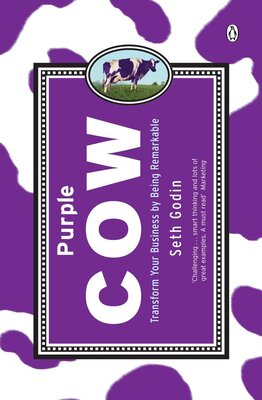
The audiobook is 3 hours long, which is relatively short, and yet I think it could be 30 minutes. The main idea of the book - (as a business) stand out from the crowd. Give people a reason to talk about you and as a result they'll do free marketing for you. That's it.
The book is a little inspirational. It has many examples and is easy to listen to.
The Art of War
by Sun Tzu
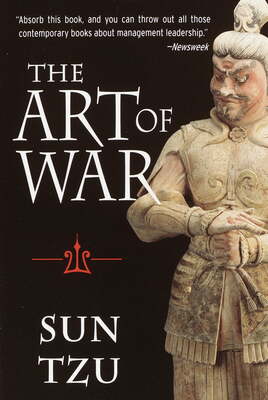
I found this old book quite interesting as it dives deep into combat, human nature and social structure. There are multiple additions, extensions and explanations which I didn't touch, but might in the future. Personally I'm interested in the ideas, but since it's so old historic knowledge is required for the full understanding.
The Code of the Extraordinary Mind
by Vishen Lakhiani
10 Unconventional Laws to Redefine Your Life and Succeed On Your Own Terms
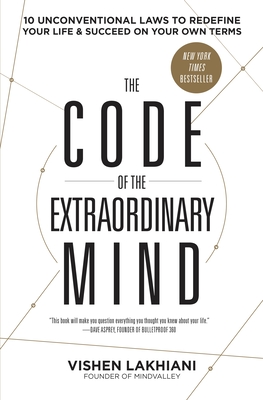
It's amazing how this book is good and off-putting at the same time. This book is for people who want to take control of their lives, live true to themselves and be happy. I really like the author's ideas and suggestions. They are easy to understand and practical.
If not the endless self promotion and name dropping littered all over the book, that book would go to my best list. The book would be much better if those parts were simply removed.
I recommend this book as long as you can focus on the good parts.
Models: Attract Women Through Honesty
by Mark Manson
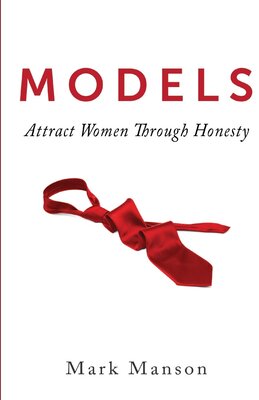
This is the first book by Mark Manson which gave him an initial boost of popularity. You probably know Mark by his second book "The Subtle Art of Not Giving a Fuck".
The book tells how to attract women. To summarise the book: be good looking, smart, interesting, communicate well, confident, flirtatious and more. Book's advice is to be everything, but I bet you already knew that. So yeah, not that useful. The author provides some practical advice but it's quite shallow.
Models book presents good intentions on how to be an attractive partner. I like that the book critiques the famous pickup artist culture popularised by "The Game" book. However the book is still about pickup games but only with a slightly different mindset.
I found the book useful to read about other dating experiences and like few ideas.
In short the book had great potential but the author failed to execute on it leaving it as an average read.
Tools of Titans
by Tim Ferriss
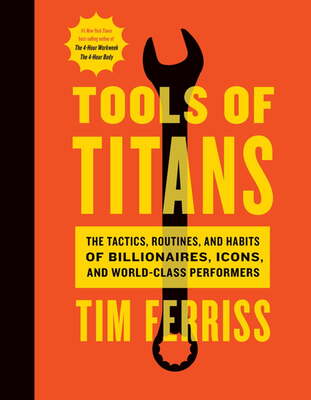
This book is a compilation of interviews of famous people. Overall the book expanded my knowledge on a variety of topics. I like the small chapters and found it great for short read sessions.
The book is mostly an aggregation of raw answers and offers very little on top of that. If you are interested in interviews, I would recommend it in audiobook, as it's long and has low content density.
Thinking in Systems
by Donella H. Meadows
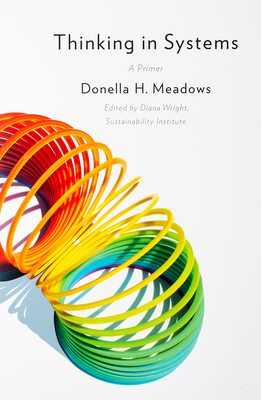
I wanted to read this book for a few years now. I'm glad this book didn't disappoint. The book gives a solid foundation for Systems Thinking. This is a must know concept for everybody. System Thinking applies to absolutely everything. There is nothing revolutionary, but it's important to have the awareness of the concept and basic understanding. Personally, until now I couldn't articulate my thoughts about cause and effect well.
The book is just right. It has good structure, is not too long and not too short, and has plenty of real examples to understand the concepts. It's rare to see such well written book.
The book has many diagrams, and I wouldn't recommend it in audiobook format.
How to live
by Derek Sivers
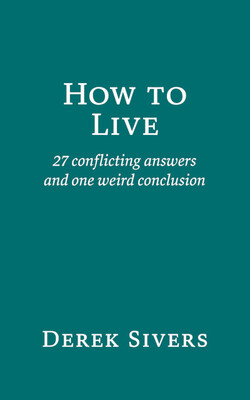
This is a short book based on author's opinon, which mostly aligns with mine. I found that many principles from the books are based on Stoicism philosophy.
The book contradicts itself few times, but I still had a good time listening to it. I found it a bit inspirational to be reminded of those things.
Staff Engineer
by Will Larson
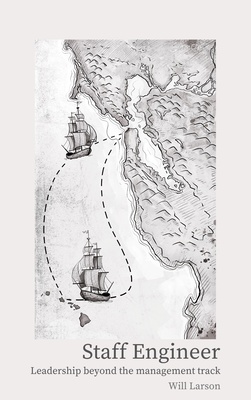
Software engineer titles are a mess. Senior Software Engineer title got deflated over the years. It's not uncommon to see people with 3 years of experience with it. As a result technical career path becomes problematic as there is none. As an obvious solution new titles started appearing. Company started to create their own titles, which doesn't tranfer or communicate much outside the company. The most common title above the Senior in Australia is Lead Developer, but that's pretty much it.
Recently I've discovered a new title taxonomy called Staff Engineering. It is still loosely defined. This book is based on aggregation of opinions and defines the next technical levels above Senior.
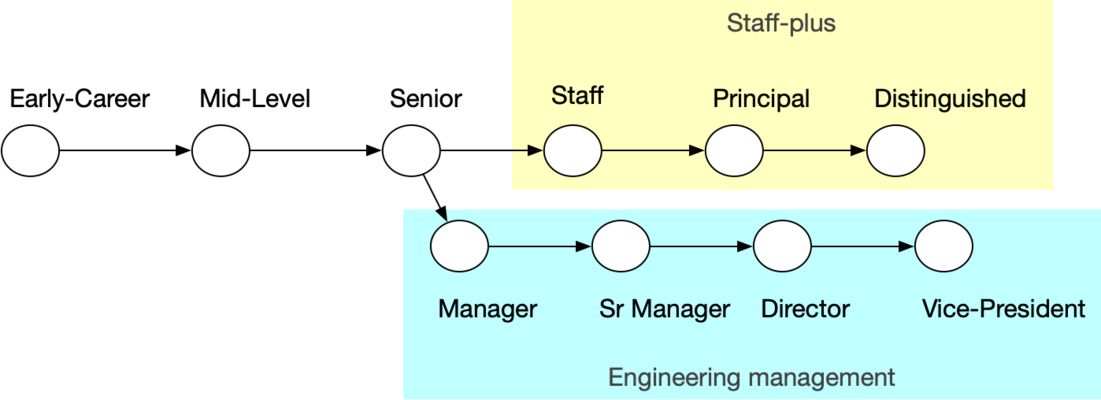
The book has lower quality than I'd expect from books. It feels like a collection of blog posts. However it's still useful to read to get the authors opinion.
The Art of Gathering
by Priya Parker
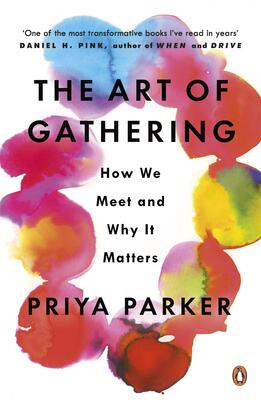
You probably wouldn't think much what there is to a gathering. This book goes into details what makes gatherings good or bad. The book is not prescriptive and gives a good high level guide to different aspects.
I think everybody could benefit from this book, but probably not many people will find it interesting. I've read this book twice in a row, as the second round was for the book club.
How to not die alone
by Logan Ury
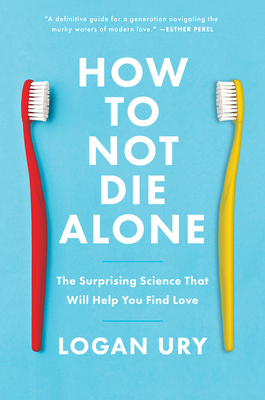
I enjoyed this book. It's about preparing for dating, dating and growing relationships. The content is very broad and doesn't have much depth. It has just enough to make a point, but if you are looking for strong evidence to back it up, it's not for you.
This book reminded me of the Defining Decade book. Both of them are very practical and easy to read.
If you haven't found a long-term partner yet, I think you'll also find this book interesting and it might help you with dating.
Another review on youtube.
The New Manhood
by Steve Biddulph
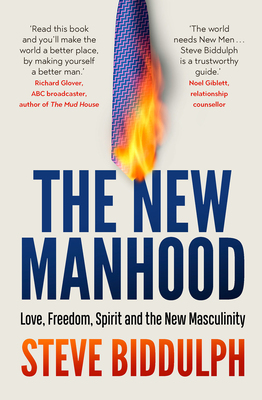
Wow, I didn't expect this book to be that good. I think manhood is one of the most important topics and yet I rarely see it discussed. The book is very well structured and easy to follow. The author walks you through life stages of being a son to maturing, being a father and living a fulfilling life. It covers a bit of everything: emotions, relationships, love and meaning.
While the book is written by an Australian psychologist, it resonated with my experience growing up in a different country and culture. It's scary how universal the conclusions are.
I'd say this book is a must read. While the book mostly talks from the men's perspective I think it will be valuable for all women too. I want to find a similar book but the women's version to better understand them.
Team Topologies
by Matthew Skelton and Manuel Pais
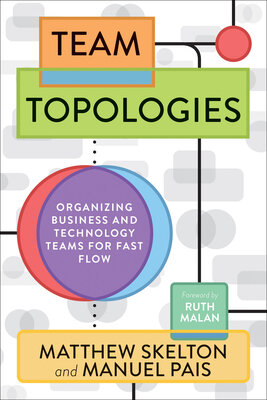
Finally a good book on team structure. I really enjoyed this book. It's very practical and provides a deep understanding of choices. Recent trends that more collaboration is better or all teams are the same are a big delusion. In fact sometimes less collaboration yields better results. But the question is which is which? The book doesn't give you a solution, but rather gives you tools and understanding to decide for yourself.
I listened to the audiobook, and while it was insightful, the book has a lot of diagrams, so I'll be reading it. I think this book is worth reading when you have at least 15 people across all teams.
While the book talks about tech teams, I'm curious how well these concepts could work on the organisational level across departments. 🤔
Update 13th Nov 2021: finished reading the book. Yeap, it's still very good. I definitely missed some parts in the audiobook as there are many images related to the discussion.
The Alphabet of Emotions (Rus) / Азбука Эмоций
by Natalia Kedrova

I had fun reading this small Russian book. It talks about the most common emotions and how to interpret them.
The book has colorful design and illustrations, which made me think that most books are visually boring.
I would recommend it to everybody if you can read Russian.
A Guide to the Good Life: The Ancient Art of Stoic Joy
by William B. Irvine
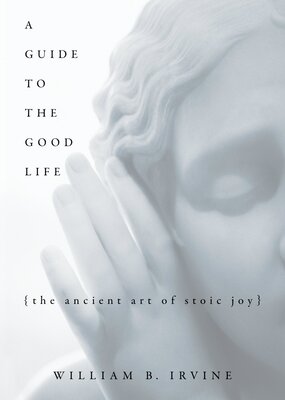
This book is my first introduction to Stoicism. I would say the book is well written, but I didn't like the audiobook's narrator on Audible. It was too monotone for me.
Stoicism itself is an interesting philosophy and I would recommend you to look into it if you still haven't.
Designing Data-Intensive Applications
by Martin Kleppmann
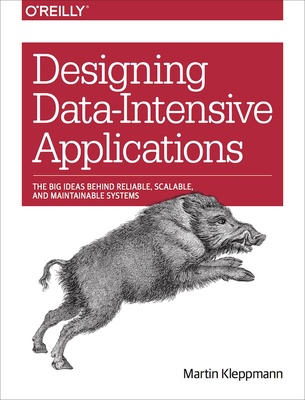
Great book. Data-Intensive Applications topic is new to me. This book served as a good introduction. It's very detailed and comprehensive. It slowly walks you step by step through different topics. The book gets overwhelming by the amount of new concepts but the author does a good job explaining it.
Unfortunately there is little knowledge I can apply to my daily work. The biggest highlight for me: distributed systems are very hard and there is no single solution, but rather the solution with the best set of compromises you can tolerate.
After reading the book, I became a bigger fan of single-leader database replication. It offers the best balance of cost, performance and complexity.
I would recommend this book to people who think they need distributed storage, because "SQL doesn't scale". Also it's a good read for senior devs who want to upskill and get an introduction to distributed systems.
The Manager's Handbook
by Alex MacCaw

I love this book because it's not written to be sold, but rather intended as a capture of the best experience. Until recently it was only available online.
The book truly stands for its title. It's a handbook. It's well structured, comprehensive and very dense. I expect to revisit it very often.
I'd like to recommend this book to everybody, including non-managers. The book is free which simplifies the distribution.
Managers can use it as a handbook. Others will benefit from a better understanding of their manager and improve at their job, as the discussed topics are relevant to all job titles. In fact, everybody will be better off if we upskill on topics of personal productivity, working as a team, goals, information sharing, conflict resolution, and consciousness.
Team of Teams
by Stanley McChrystal
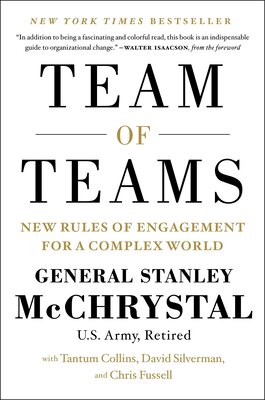
This book is highly rated and I can see why. It tells a great story from life experience. The story is engaging and exciting.
However if you want to get more than a story that's not a book for you. The book lacks research and analysis. The advice is delivered in the form: "it worked for us, so it must be great and you should do the same". While such experience is great to share, it carries little value because it's not transferable in the abstract form.
Dare to lead
by Brene Brown
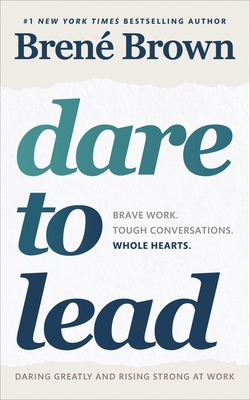
This is one of the harder reads I had. The topic and content are great. However it seems, I’m allergic to the way it is delivered. It took me 3 attempts over two years to finish the book.
The book highlights the importance of acknowledging our emotional side at work. I like that it recommends defining your values and enforcing them through hard conversations.
I recommend this book if you can finish it. If it's also hard to swallow, try an audiobook.
Start with Why
by Simon Sinek
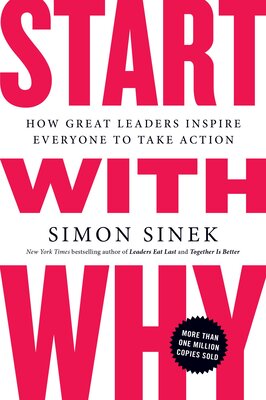
I was worried that I’m not critical enough when I’m rating books as I usually give high ratings to books I read. I’m glad to know that’s not the case. This book is terrible. It’s the worst I’ve seen in a while. I enjoy Simon’s inspirational speeches and I’m fully on board with the importance of “why” topic. And yet when combined the book has nothing to offer. The reasoning is flawed and the ideas are very repetitive. It is not inspirational, nor practical, nor insightful.
Nine Lies About Work: A Freethinking Leader’s Guide to the Real World
by Marcus Buckingha, Mashley Goodall
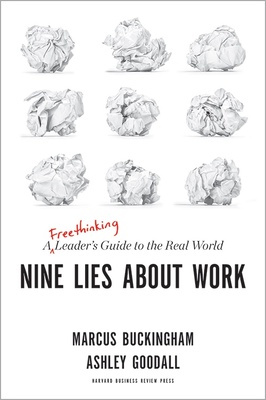
That's a pretty interesting book about debunking the status quo. I generally agree with the author that the “lies” as the status quo make little sense. However, I’m not fully sold yet that the “truths” is the right solution. I felt the arguments were very weak at times. Also, the author gives weird definitions to the problems so later he can present his solution, which are only relevant in such setup.
Nevertheless, I enjoyed the argument as it got me thinking. The book is easy to read. I would recommend it if you want to challenge your beliefs with the new facts.
Maybe You Should Talk to Someone
by Lori Gottlieb

Wow, just wow. I love this book. It's amazingly touching and absorbing. I started reading it, but soon realised it's perfect for audiobook. The chapters are so well written and delivered, it got me to tears multiple times. This book is like a good friendship or movie series, you connect with the characters like they are your best friends. After it's over it makes you sad you can't follow them any more.
Extra shout-out to Brittany Pressley who narrated the audiobook. She did an amazing job conveying different characters and their emotions.
I highly recommend this book to everybody.
Everyone Communicates, Few Connect
by John C. Maxwell
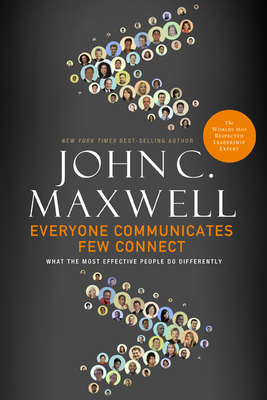
I listened to this audiobook and I should say it would be better to read it instead. The book is very well structured. The author provides a good breakdown of how to connect with people when communicatating.
The book doesn't offer anything groundbreaking: be valuable to others, puts others' interestes first, be interesting, be inspiring, speak clearly, be authentic. I feel the advice is too generic and theoretical. I might read it in the future though.
The Great CEO Within: the tactical guide to company building
by Matt Mochary
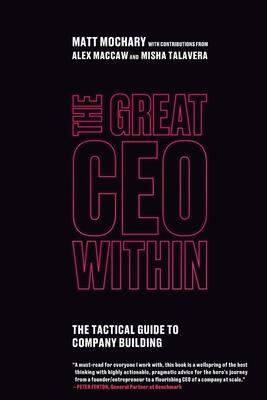
I loved this book. It's straight to the point. Chapters where the author is referring to other books do not repeat them, but reference the source instead.
The book's title is very accurate, it's a guide on how to build a company. It covers a bit of everything: co-founders, the team, personal habits, decision making, leadership, culture, tooling, collaboration, meetings, fundraising, recruiting, sales. My favourite chapters are decision-making, meetings and recruiting. I will be revising them later.
While the book is tailored for the CEOs, I would recommend it to a wider audience as it offers good advice to be an effective company. The chapters are clearly labeled and you probably can skip "Fundraising" as it won't be as useful to you.
Talking to Crazy: How to Deal with the Irrational and Impossible People in Your Life
by Mark Goulston
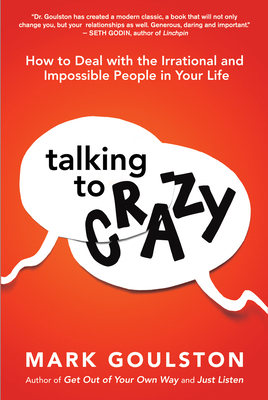
Very useful book. I love books that are written by professionals and based on their practical experience. Such books rarely give you hypothetical models which authors dreamed about. However, they always give practical advices that worked for them. Another similar book is Defining Decade.
The book gives 22 communication techniques which could be used in conflict situations or when logical reasoning failed.
Like any good book based on experience, this book has plenty of stories to better explain the point. I can't wait to read another book by the author Just Listen.
I recomend this book to everybody.
The Manager's Path: A Guide for Tech Leaders Navigating Growth and Change
by Camille Fournier
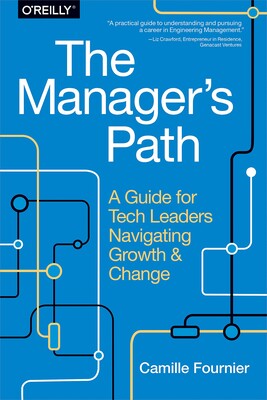
The book gives an overview of what developers' career might look like when they move to management. The book has a good structure and easy to follow. I like how the author highlights challenges of each career level.
For example many developers see CTO position as their careers goal (I did myself). However the majority would resent it when they understand what it includes.
The book could benefit from deeper and wider research. It feels author's experience was the main source for the book. I wish the book was more comprehensive and included more roles.
I would recommend this book to all software developers at all levels to better understand their career path. In addition, the book should teach to spot and help bad manager they will encounter at work.
Skin in the Game: Hidden Asymmetries in Daily Life
by Nassim Nicholas Taleb
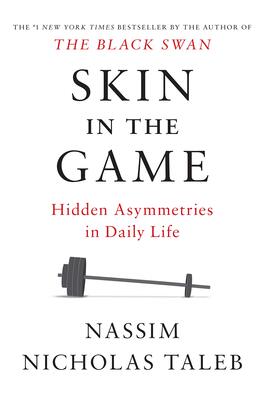
I had a very hard time following this book. It consists of many ideas from different areas and times. There are plenty of valuable insights, but a bit of glue and transitions would be nice. Right now it feels like a collection of author's notes.
I'm giving it 2 stars because I didn't get much out of it. What I've got at the surface is a common sense and I couldn't find a way deeper.
The Innovator's Dilemma: When New Technologies Cause Great Firms to Fail
by Clayton Christensen
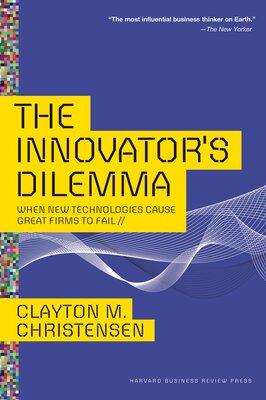
This is a masterpiece. This book has everything I'm looking for in a book: great research, interesting insights, clear book structure, smooth flow, just enough examples to prove the point, and finally the book is tested by time.
What's the book about? It's exactly said in the title "When New Technologies Cause Great Firms to Fail". I have nothing else to add, it delivers on the promise.
While the research talks about huge businesses, I think it’s still important to understand what’s going on at the large scale.
Three thoughts related to the book:
- "Follow your customer" is a terrible idea when dealing with disruptive technologies
- Outsourcing will kill your ability to innovate fast when faced with disruption
- I found technological S curve is identical to 3X (Explore Expand Extract) idea popularised by Kent Beck
Recently Apple released and switched to M1 chips on laptops. It was perfectly timed to the letter as the book suggested 23 years ago. You don’t know what I mean? Have a read and you’ll know too. ;)
The Unicorn Project
by Gene Kim
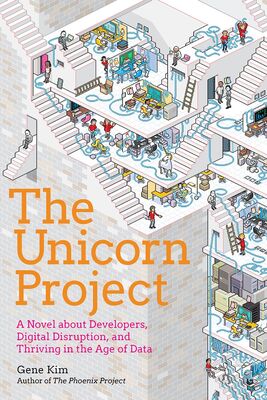
Boring. But let's start with good parts. I like how the second book looks at The Phoenix Project from another perspective. There can't be a more seamless way to connect the books. While the first book was about devops, the second is about developers. I enjoyed the part at the end when they were monitoring and fixing bugs in production. The chapter had a good pace and holds suspension to the end.
Unfortunately the second book is polluted with unnecessary details. Feels like the author wanted to show off how many cool words he knows.
The only educational part, Five Ideals, are almost forgotten as soon as they are introduced. The main character already knows it. While the story itself serves as their demonstration, ideals are detached from the reader.
The story line is turned into extremes. The main character is flawless god-like creature, while others are the most incompetent people in the world.
My favourite funny moment is when developers decided to use new technology, which they never used before. Without any experience the decision was to use it straight in production while burning bridges to the previous implementation. Unfortunately such reckless behaviour is delivered like a hero moment. It's like a surgeon decides to transplant the heart on a live patient without any experience or knowledge. 🤦♀️
In summary the book has great intentions but they are poorly delivered. Skip this book, it's not worth your time.
Chess not checkers
by Mark Miller
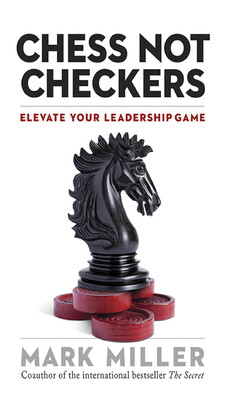
The book offers a short and entertaining story about the new CEO. It's almost identical to The Phoenix Project book in composition and story line. The story walks through the 4 guides for the organisation leadership. It's an easy read and you can finish it in a couple of hours, so I would recommend it on this basis.
I enjoyed Chess not checkers. I wish it was longer with more lessons in it, so there is more to enjoy.
The Little Book of Common Sense Investing: The Only Way to Guarantee Your Fair Share of Stock Market Returns
by John C. Bogle
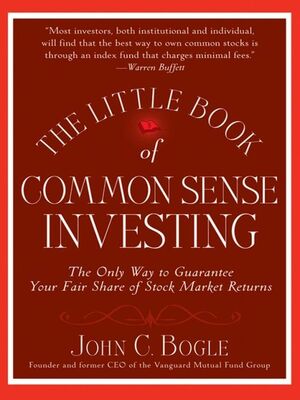
Barefoot Investor recommended this book. It is written by John Bogle who founded Vanguard Mutual Fund Group. If you don't know, Vanguard is the largest provider of mutual funds and the second-largest provider of exchange-traded funds in the world.
I found the book very dry to read, however, it has plenty of research data. The book requires a good understanding of different investment schemes to fully appreciate it. Unfortunately I could only grasp the core message: invest in index funds. They provide the best diversification and with lowest fees it's almost impossible to beat them.
That's only applicable to long term investments though. By following the mentioned advice, it should put you above the majority with minimum cost and effort. I agree with Barefoot Investor, this book is a must read for all stocks investors.
Few quotes:
In the short run the stock market is a voting machine . . . (but) in the long run it is a weighing machine.
-- Ben Graham
When there are multiple solutions to a problem, choose the simplest one.
-- Occam’s Razor
Common sense tells us that performance comes and goes, but costs go on forever.
"The greatest enemy of a good plan is the dream of a perfect plan.” Stick to the good plan.
The two greatest enemies of the equity fund investor are expenses and emotions.
Resilient Management
by Lara Hogan
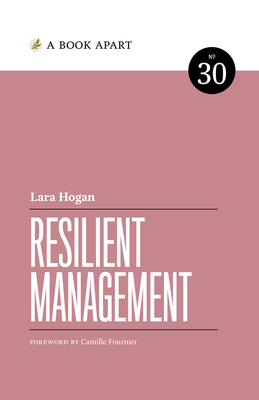
This book gives good introduction to management. It gives exposure to the few concepts and frameworks. While it's very short and narrow, it's enough so you can continue learning by researching the mentioned references.
Looks like the book is primarily based on Lara's experience with a sprinkle of research. The advices she gives are very specific and practical. I wish the book included more details about stages of group development. While Lara used it as a thread that connects all chapters, but it definitely could have a stronger presence.
The strongest chapter is about growing your teammates through mentoring, coaching, sponsoring and feedback. I found it very insightful and valuable.
Considering how under-skilled the managers I've met in my career, I think the book is a good fit for the majority. I'm yet to see a comprehensive management book, so I would recommend Resilient Management to at least junior to mid managers.
Atomic Habits: An Easy & Proven Way to Build Good Habits & Break Bad Ones
by James Clear
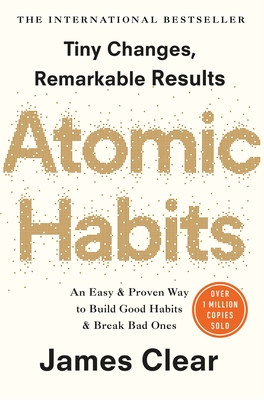
Great book! Good structure, practical content, easy to read. The book offers a systematic approach to dealing with habits and not relying on will power.
Joy Inc. How We Built a Workplace People Love
by Richard Sheridan
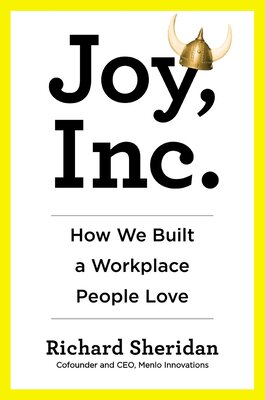
This book is a simple description how fairly successful consultancy company called Menlo works. The book is obviously promoting their process and culture, but it’s not encouraging you to follow it. That makes it smooth to read and allows you to make your own conclusion.
Menlo is a consultancy and not a product company. That defines their culture and processes. Looks like a lot of processes were solidified when the company was founded in 2000s. Nothing wrong with that, it just feels dated at times.
Below are my highlights and comments
Do the work
by Steven Pressfield
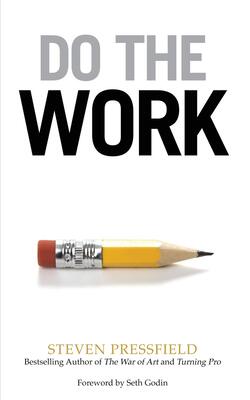
This is short (2 hours) motivational book. It’s written in an engaging style. The main idea if you want results you should do the work.
The author encourages to distance yourself from your own bad habits and lack of discipline. I think that’s an interesting idea which might yield better results.
This book feels like more like a summary essay of the author’s previous book "The War of Art". I haven’t read it yet, but even the foreword makes it very clear.
Below are my highlights.
The Mythical Man-Month
by Fred Brooks
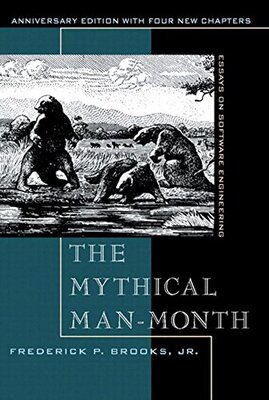
This is one of the iconic book of its time. Apparently it had a great influence. The book was republished in 1995 and author decided not to change much. Big mistake. The book has two type of content: very relevant and ridiculously outdated.
Unfortunately I run out of patience of sorting those two and I didn’t finish the book. I would not recommend this book.
The key message that you should not estimate software work in man hours because they don’t scale linearly. The communication and management overheads grow with the team size. Adding people to already late project will only delay it as there are onboarding costs.
Below are my highlights.
The Defining Decade
by Meg Jay
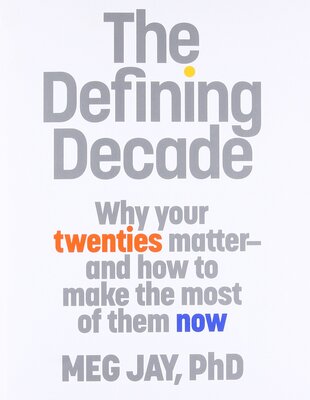
I wish I’ve read this book in my twenties. The book explains what’s going on with the brain of 20 years old person and how that affects their life viewed from the psychologist perspective. Now I’m in my thirties I can’t agree more because most of those lessons I had to learn myself.
Below are my highlights.